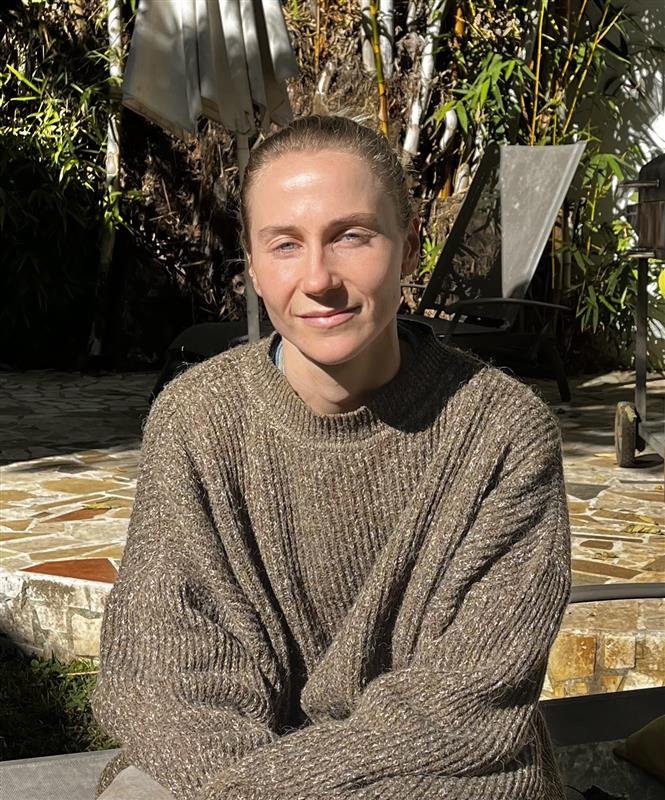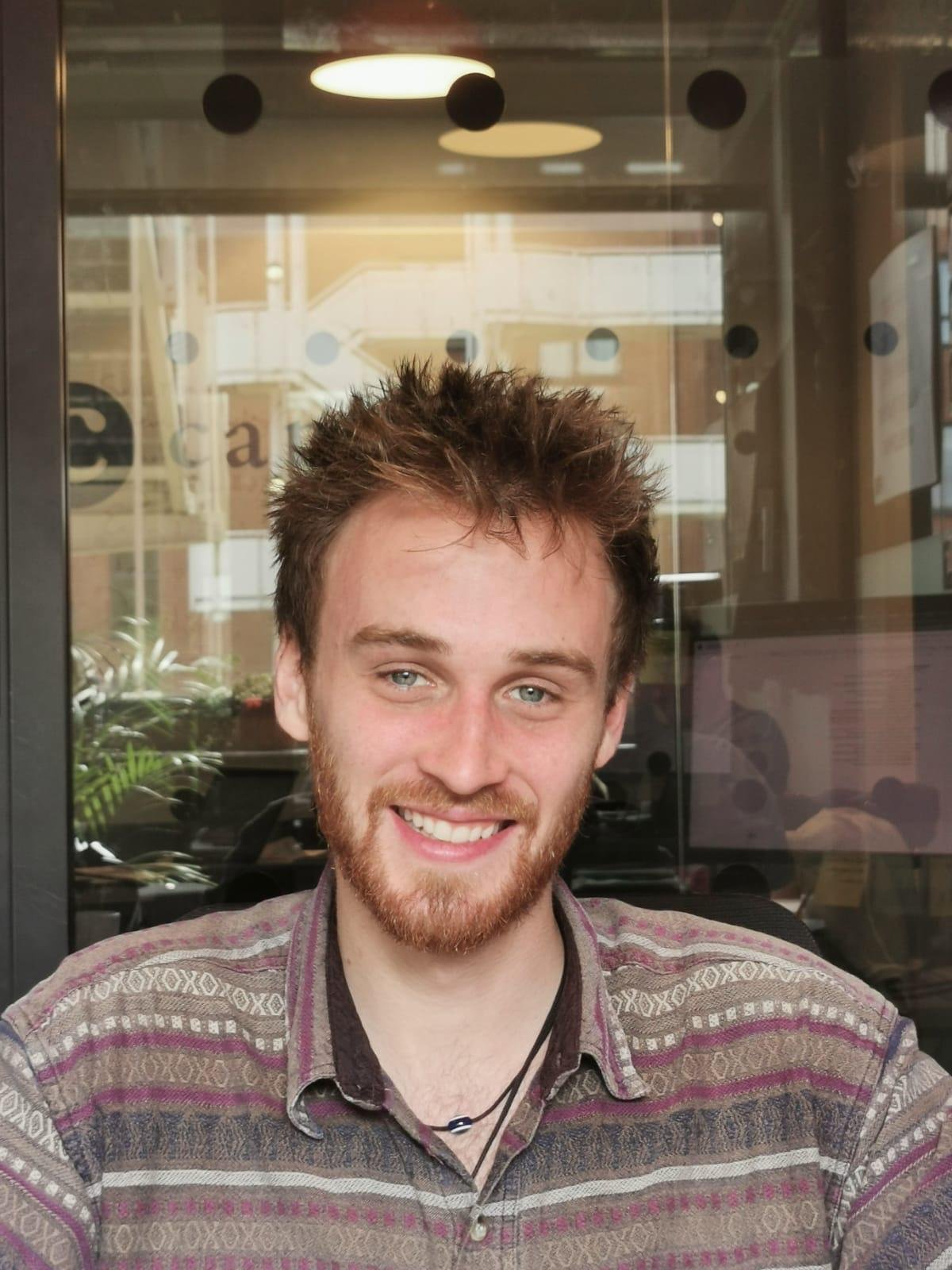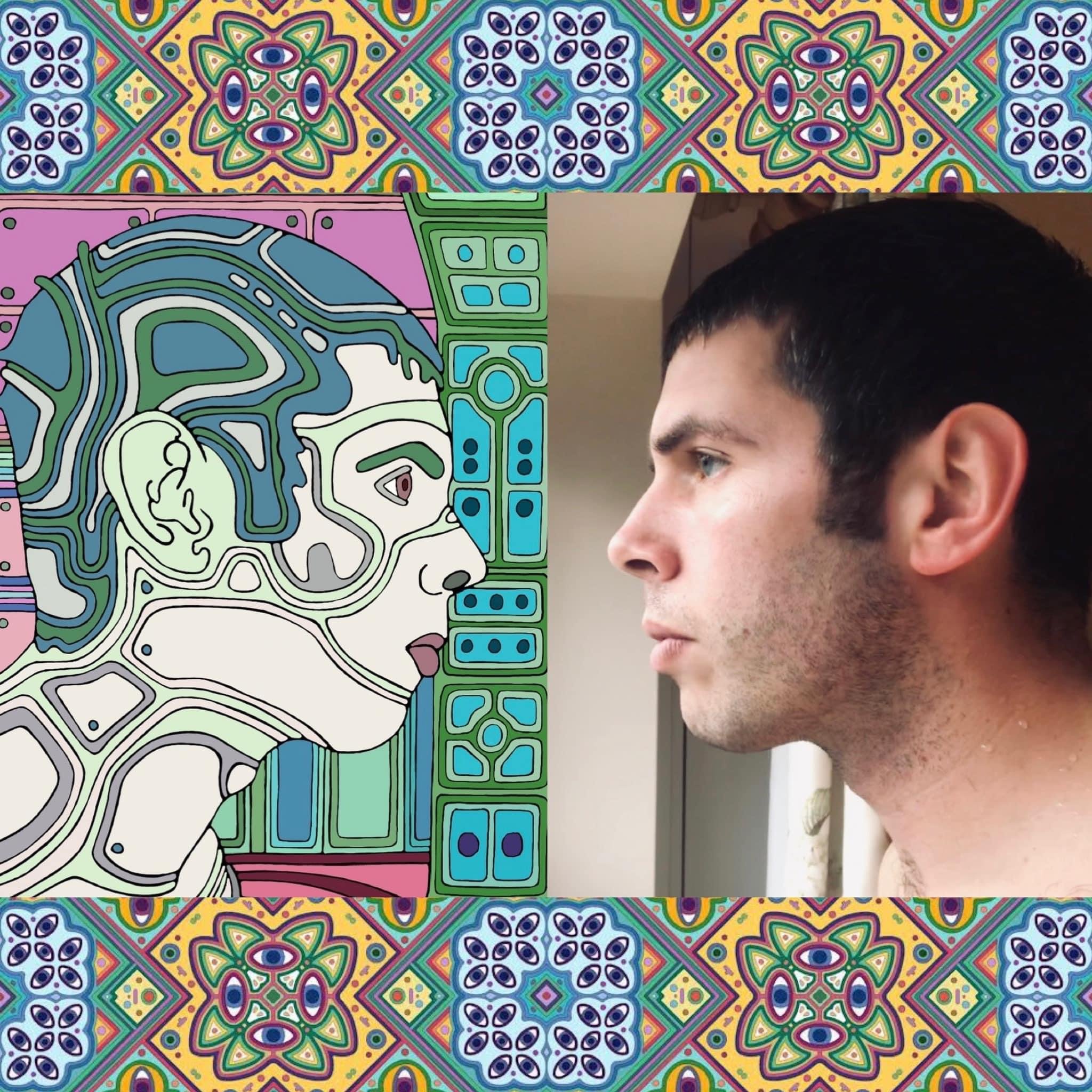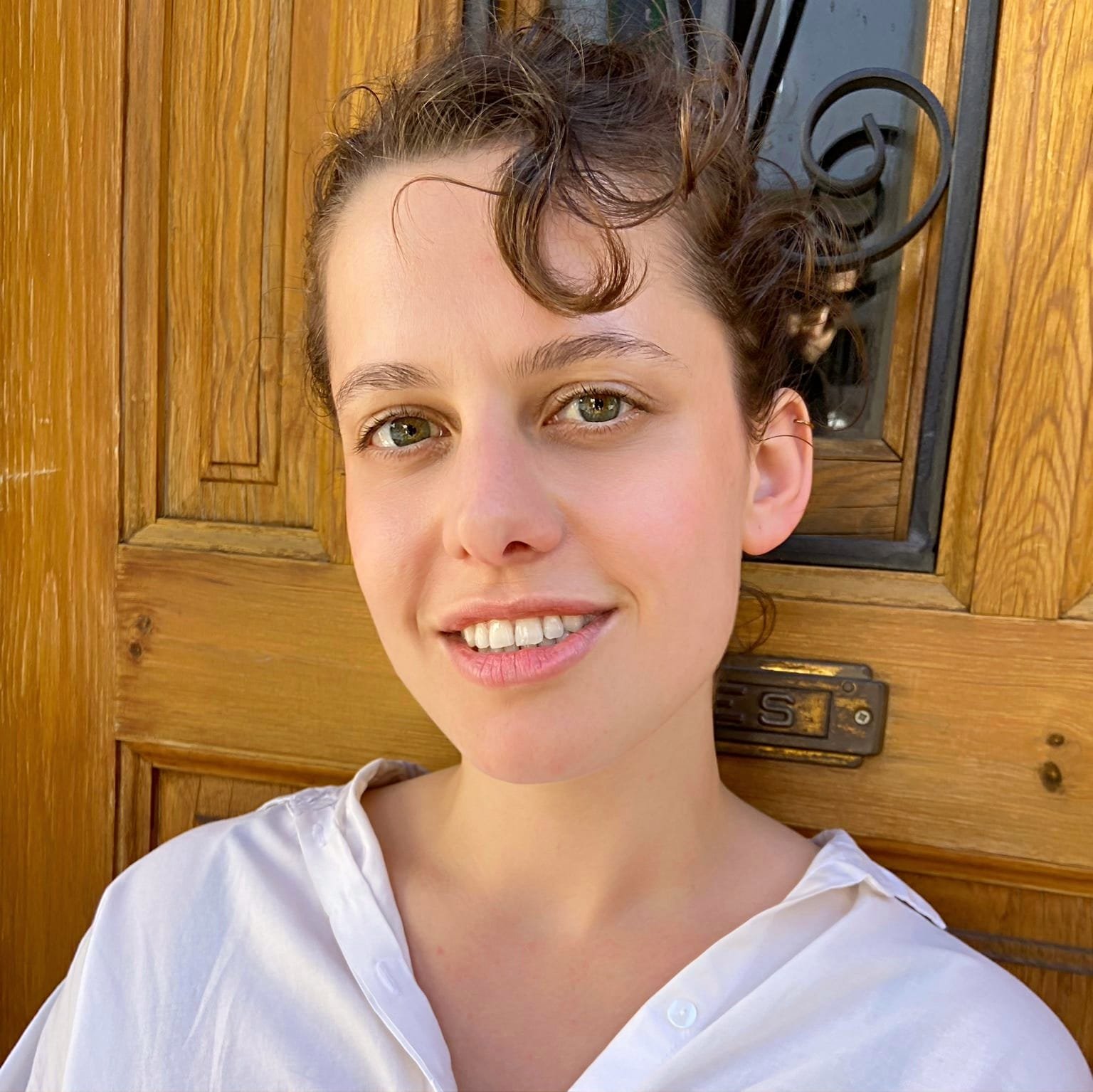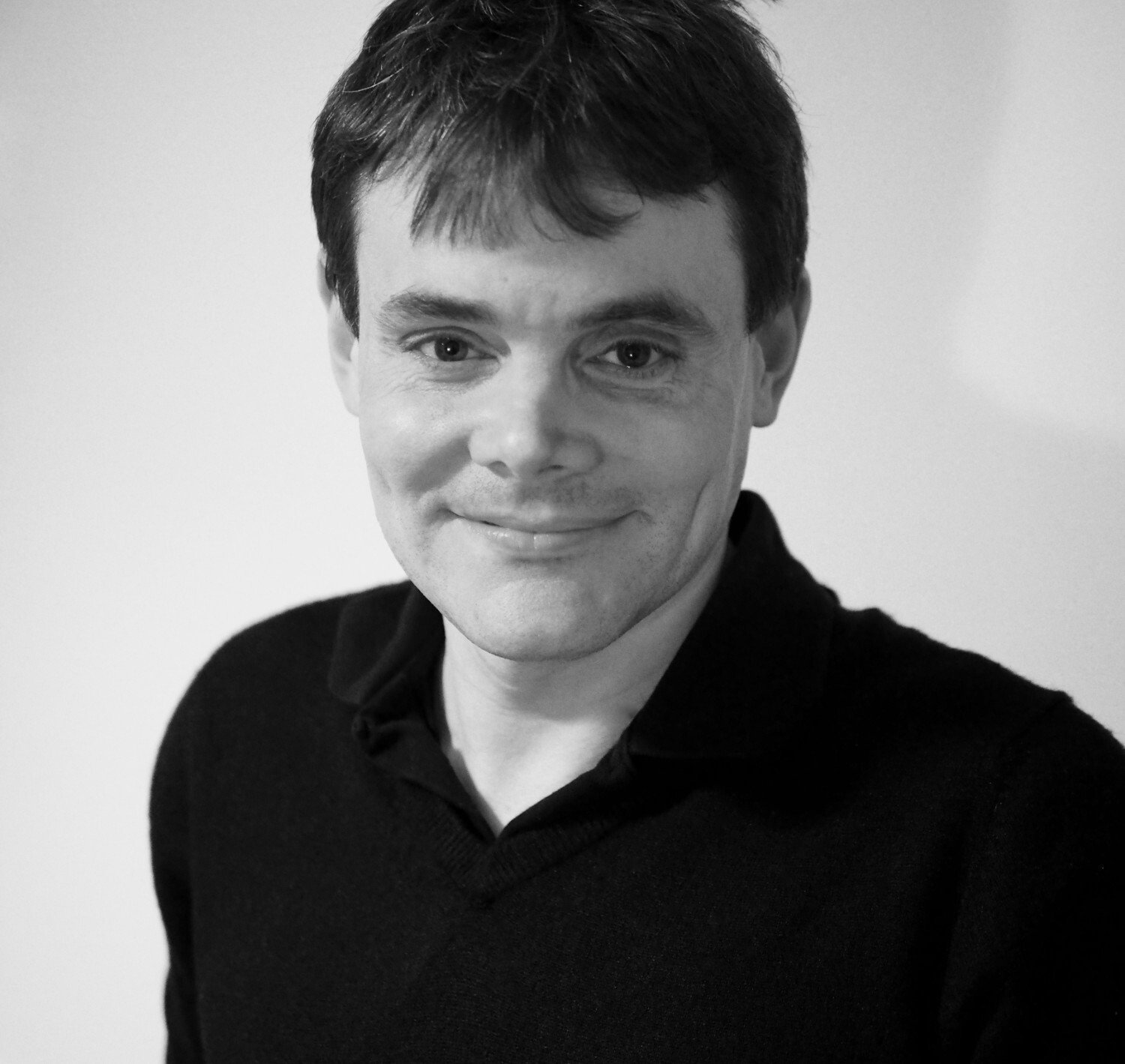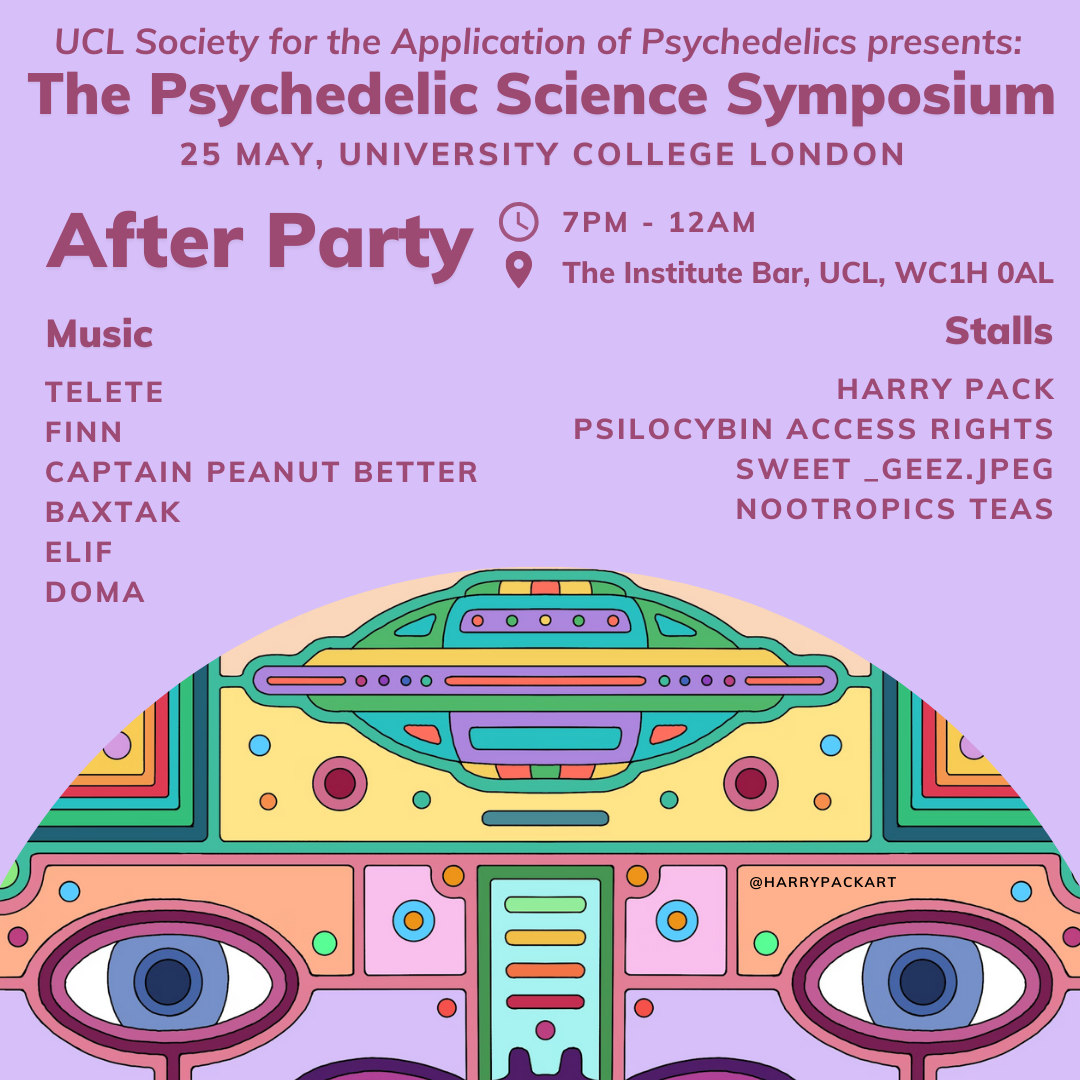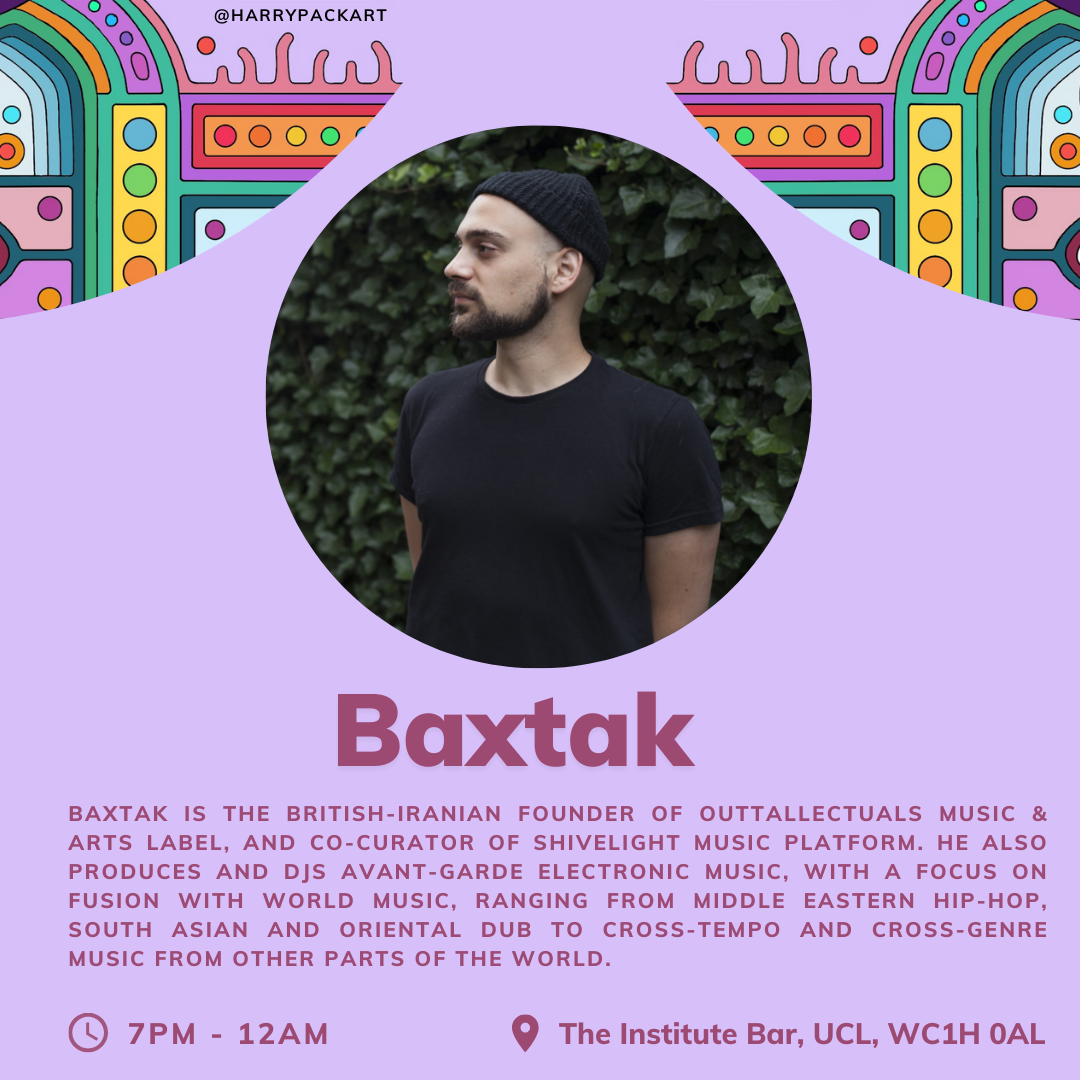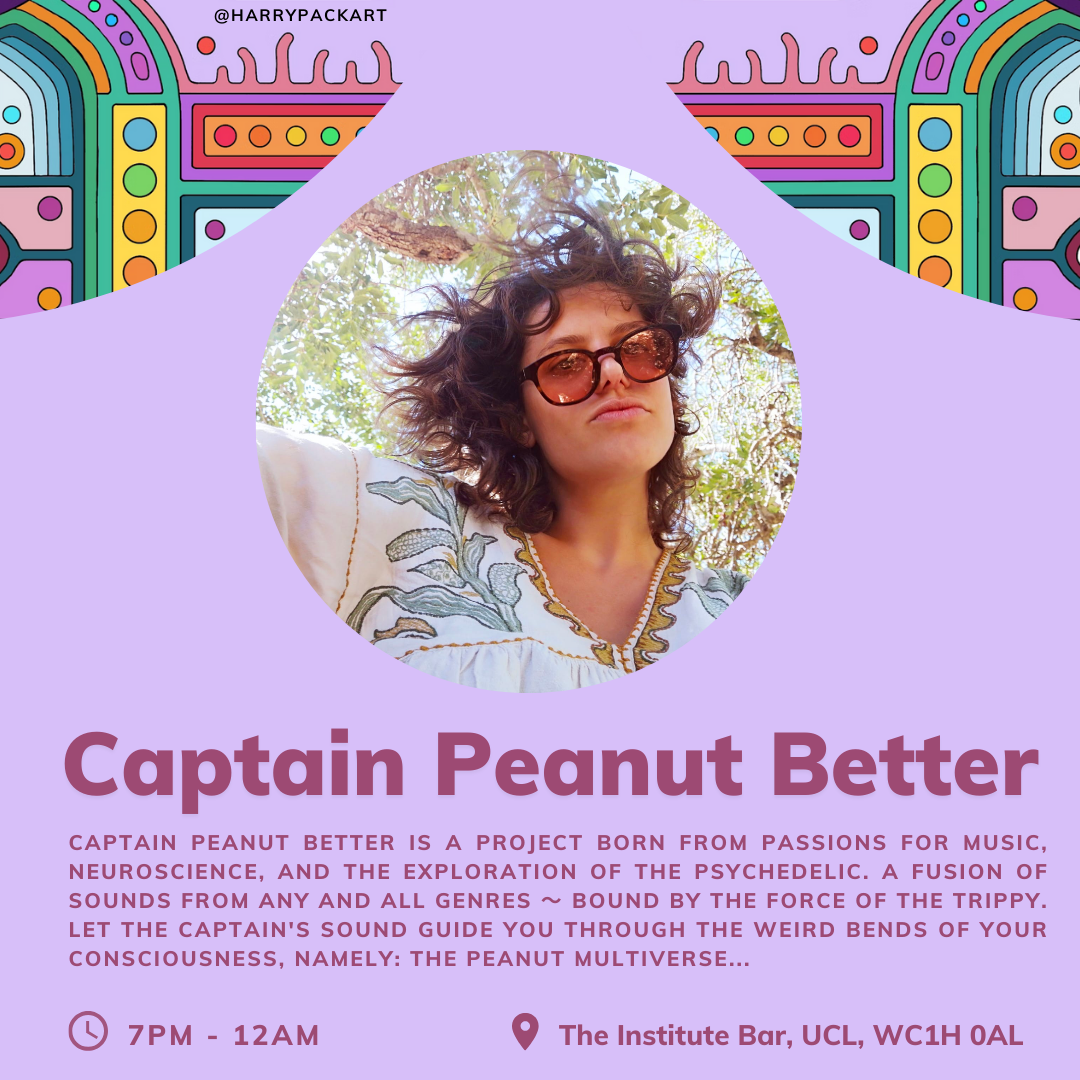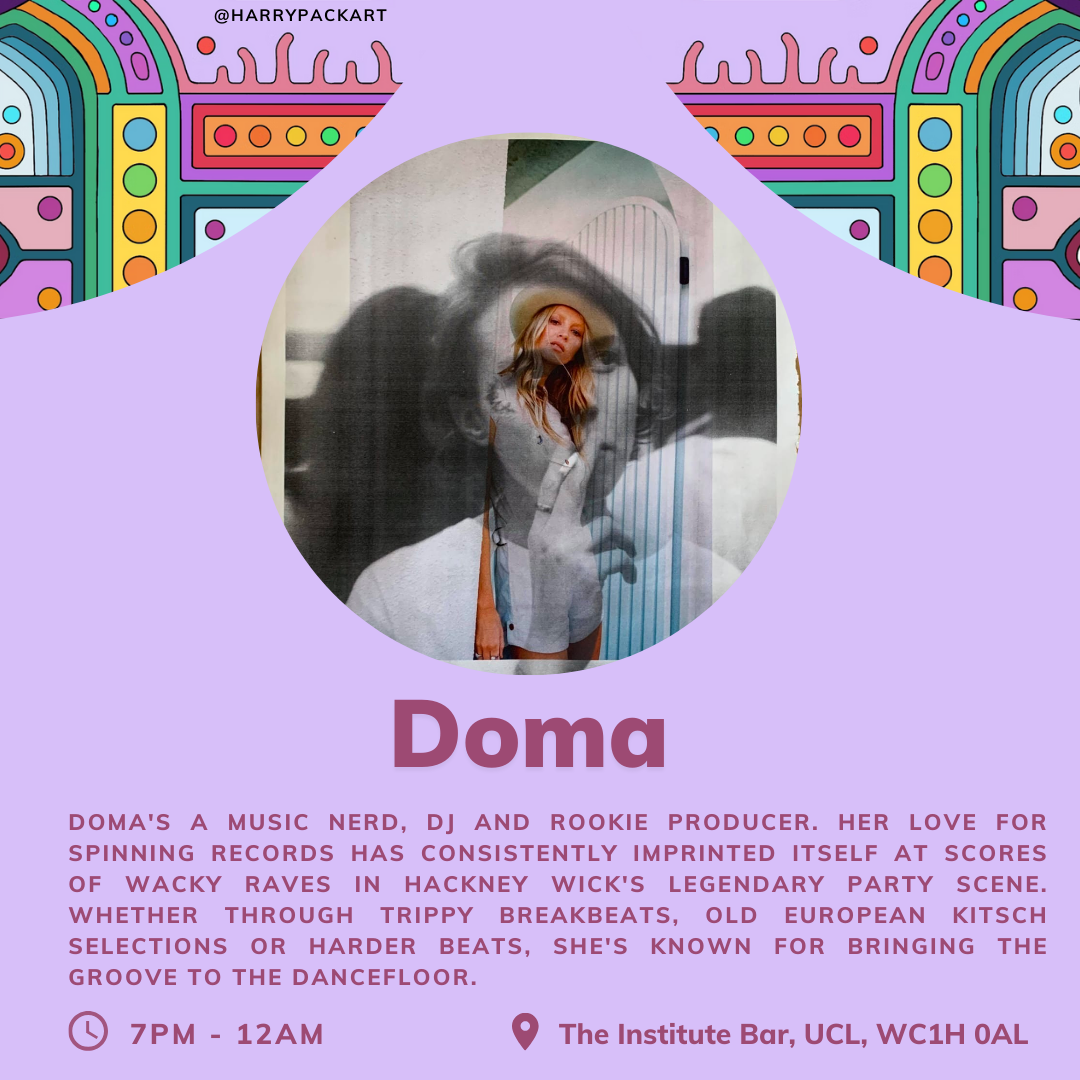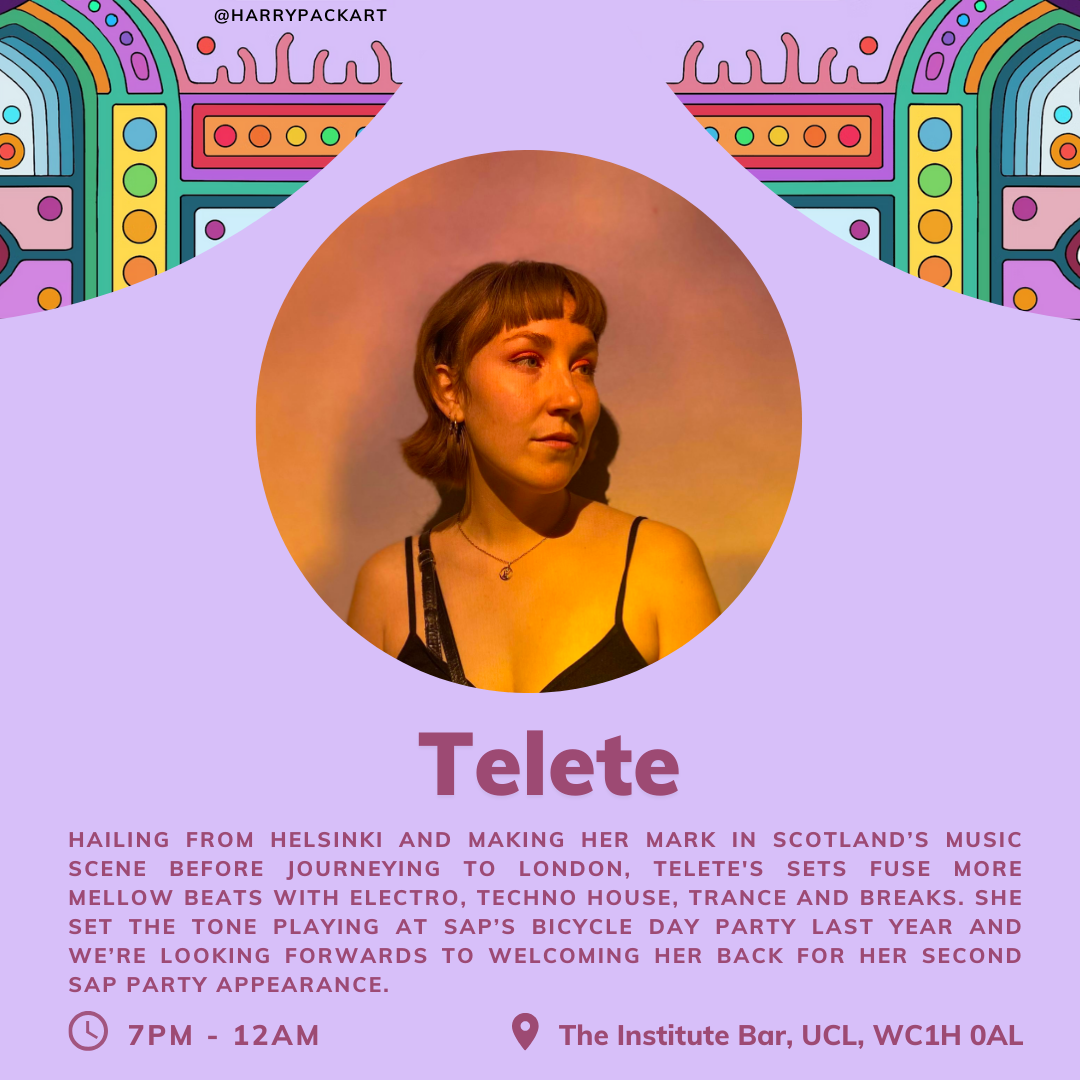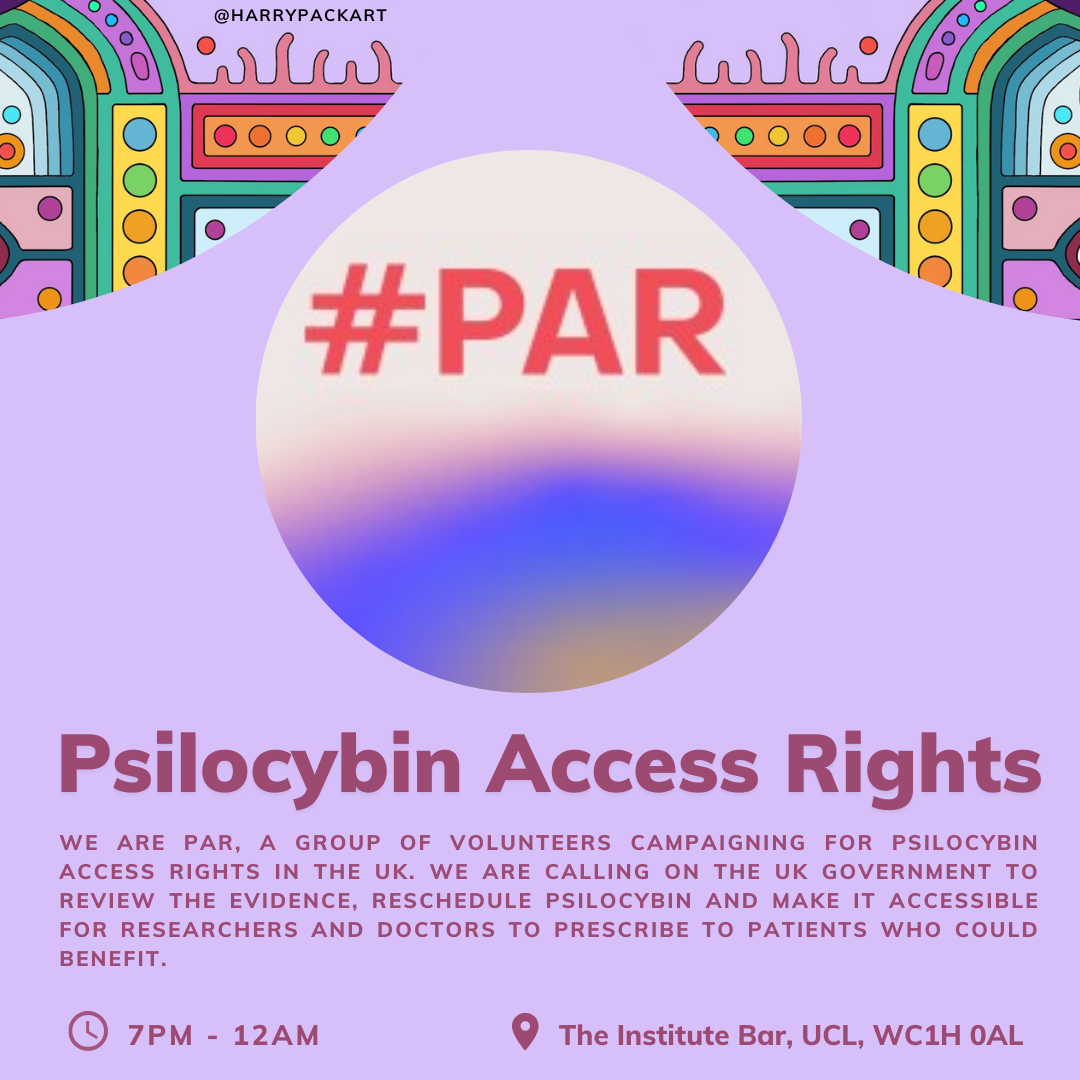For the first time, the UCL Society for the Application of Psychedelics will be hosting a one-day symposium on the 25th May 2024.
For the cost of entry, you'll be treated to day of talks and Q&A from a multidisciplinary lineup of artists, students, lobbyists (the nice kind) and experts working in the field of psychedelic research; wrapping up with an afterparty just around the corner at the our Student Union bar.
Event Details:
Date: Saturday 25th May
Time: 10am-6pm
Location: B304 Lecture Theatre 1, Cruciform Building, London, WC1E 6BT
After party: 6pm-late, The Institute Bar, 20 Bedford Way, London, WC1H 0AL
Ticket price: £5 for students, £10 for non-students
Registration Link: https://studentsunionucl.org/whats-on/clubs-societies/ucl-society-for-application-of-psychedelics-presents-student-psychedelic
Speaker Lineup:
Short talks:
-
Bio:
Rosalind completed her BA in Experimental Psychology at Oxford University, followed by her MRes in Developmental Neuroscience at UCL/Yale. She is currently completing her PhD in Mental Health Science at UCL, where her research focusses on investigating the neural and subjective effects of various psychedelic substances (5-MeO-DMT, psilocybin), in both research and retreat settings. She has a particular interest in psychedelic preparedness and the crossover between psychedelic science and contemplative practice.
Abstract:
Psychedelic Preparedness: From Measurement to Intervention
The concept of psychedelic preparedness has emerged as a critical factor in shaping the safety, quality, and therapeutic potential of psychedelic experiences. However, the lack of a clear definition and validated measures has hindered systematic investigation of this important construct. This talk will present findings from a series of studies aimed at addressing these gaps and advancing our understanding of psychedelic preparedness.
-
Bio:
Alex serves as the Director of Research at the Centre for Evidence Based Drug Policy. He holds Master’s degrees in Experimental Pharmacology and Clinical Neuroscience from University College London. In his current role, Alex is dedicated to advocating for the implementation of harm reduction measures and scrutinizes drug policy governance across the UK to facilitate the actioning of policies which maximize public health and follow the best available evidence.
Abstract:
This talk will delve into the evolving landscape of drug policy with a focus on developments in psychedelic legislation. We will explore the UK’s current regulatory frameworks, examine how groundbreaking clinical trials involving substances like psilocybin and MDMA are influencing putative legislative changes. The presentation will address the significant challenges in balancing political expediency, public interests and scientific findings in a rapidly evolving field, highlighting the regulatory hurdles that impede the transition from research to therapeutic application. Furthermore, we will discuss the critical pathway of translating scientific evidence into effective drug policy, advocating for a foundation built on rigorous, data-driven methodologies. The session will include a detailed case studies of psychedelics in the UK drawing key lessons from jurisdictions that have pioneered progressive psychedelic policies. Lastly, predictions about future trends in psychedelic policy will be offered, underscoring the necessity for a multidisciplinary approach that includes cooperation among scientists, policymakers, and community advocates to foster an environment where policy innovation aligns with public health and scientific integrity.
-
Harry Pack is a British multi-media artist who renders surreal depictions of alternate dimensions that seek to engage and activate the unconscious mind of the viewer.
His practice, which spans painting, drawing and digital mediums, reflects themes of human perception and psyche, influenced by psychedelic culture. His work encourages the viewer to turn their mind from the fragility of the material world and towards a contemplation of something more stable and infinite. The kaleidoscopic paintings depict a visual realm at once fantastical, foreign and strangely familiar.
Three-dimensional, dream-like landscapes composed of fractal shapes and ordered geometric patterns are populated by extra-terrestrial forms: strange humanoids, anthropomorphic machines, animals and plant-life moving purposefully throughout spaces that operate as portals into the personal and psychological. His work is a vessel for self-exploration and understanding as he examines his past through older eyes
Harry will share his personal journey as an artist, delving into the influences of psychedelic culture on his work and the spiritual tools he has developed. Discover the inspirations behind his kaleidoscopic depictions of fantastical worlds, where the familiar meets the bizarre.
-
Bio:
Lisa has a background in Clinical Psychology and Neuroscience and completed a Research Master’s degree at the University of Amsterdam. Currently a PhD candidate at the Centre for Psychedelic Research at Imperial College London, she leads a study developing continuous IV infusion as a novel method for DMT administration, and investigating the subjective, physiological and EEG effects of extended DMT infusions in healthy volunteers.
Title:
Acute effects of extended DMT
-
Bio:
Agathe Fauchille is a PhD candidate at University College London (UCL), contributing to the Wellcome Leap-funded UNITY Project. Her research crosses over the realms of linguistics, psychology, and neuroscience. Her PhD focuses on psychedelic-induced mystical experiences (MEs), investigating their potential as catalysts for well-being and mental health. Specifically, she examines how specific 'set' (i.e., mindset) and 'setting' (i.e., environment) prime MEs and subsequently contribute to mental health.
Abstract:
Quantifying the Qualitative: Exploring Psychedelic-Induced Mystical Experiences through Machine Learning
There is a global mental health crisis, and psychedelics are experiencing a renaissance for their transdiagnostic potential in treating mental health and wellbeing. Currently, the strongest predictor of psychedelic therapeutic efficacy is the occurrence of Mystical Experiences (MEs), states often characterised by feelings of unity or transcendence. These experiences are crucial in predicting long-term well-being post-treatment. Despite their significant role in the effectiveness of treatment, these experiences have not been sufficiently studied.
The current study gathered large amounts of personal qualitative reports taken from Reddit. It employed natural language processing (NLP) techniques to dissect reports detailing spiritual experiences induced by psychedelics. Using methods such as topic modelling and other machine learning techniques, it unveiled distinctive linguistic patterns in the language employed by individuals before, during, and after their MEs. This analysis aimed to pinpoint the key factors catalysing MEs, better understand the nature of these enigmatic experiences, and evaluate changes in mental health using linguistic proxies.
This pioneering work provides fresh insights into the mysterious domain of MEs, offering a data-driven perspective. The automated bottom-up methodology applied in the study of MEs has significantly deepened our understanding of their complex phenomenologies.
Keynote Speakers:
-
Bio:
I received a PhD from The University of Chicago in 2007, following this with a Postdoctoral Fellowship at Weill Cornell Medicine, Cornell University. I am currently an Associate Professor at University College London. There, I direct ‘The LAB Lab’ and co-direct the ‘Understanding Neuroplasticity Induced by Tryptamines’ or UNITy Project. The long-term objective of my research program has always been to understand the neurobiology of language as it naturally occurs, i.e., in the rich multisensory and social contexts of everyday life. Recently, I expanded this research program to encompass the relationship between the neurobiology of language, consciousness, and mental health and wellbeing. My work uses various methodological approaches, including high-density electroencephalography (hdEEG), functional magnetic resonance imaging (fMRI), mobile phone-based ecological momentary assessment, and pharmacological interventions with psychedelic compounds like 5-MeO-DMT, DMT, LSD, and psilocybin. I pioneered ‘naturalistic neuroimaging’ in 1999 and have developed network-based methods and other tools for analyzing fMRI data from more ecological stimuli. As a contribution to open science, my research team released the ‘Naturalistic Neuroimaging Database’ (NNDb), containing 86 participants undergoing full-length movie-fMRI (and growing). I co-founded and serve on the editorial board of the open-access MIT Press journal, Neurobiology of Language.
Abstract:
Humans are ‘language cyborgs’ with distinctive language-augmented thought, using language to categorically organise their worlds. These categories enable novel computations but can also become entrenched to a degree that is no longer adaptive. Psychedelic phenomenology arguably resembles a brain less mediated by well-learned linguistic categories. Connectedness or ‘oneness’ might be expected when perceptual information cannot be organised into linguistically labelled objects. ‘Ego-dissolution’ might be expected when linguistic constructs like the ‘narrative self’ are not accessible. Thus, we have been asking whether the neurobiology of language participates in the acute psychedelic experience. Behavioural experiments suggest that psychedelics decrease the quantity and quality of speech while increasing semantic oddness. Thus, we hypothesised that ‘lower-level’ auditory brain regions will decrease while ‘higher-level’ semantic processing regions will increase in activity under psychedelics and be associated with ego-dissolution. We have conducted neuroimaging meta-analyses of classic psychedelics and ketamine, a structural magnetic resonance imaging (MRI) study of Ayahuasca, and functional MRI studies of DMT, LSD, and psilocybin (relative to placebo controls). Meta-analyses demonstrated activity decreases in audiomotor regions involved in speech perception/production and increases in regions associated with semantics. There were significant changes in these regions in the structural and functional MRI studies, with activity predicting individual differences in ego-dissolution. These results suggest that the neurobiology of language partially mediates the psychedelic experience. This is consistent with behavioural data and provides a concrete model of how psychedelics might lead to improvements in mental health and wellbeing. That is, profound changes in language-related networks and language-mediated categories might lead to changes in self-related narratives post-acutely that underlie (some) positive long-term changes.
-
Bio:
Jules Evans is director of the Challenging Psychedelic Experiences Project, editor of Ecstatic Integration, and the author or co-editor of four books including Philosophy for Life and Other Dangerous Situations, and The Art of Losing Control.
Talk Abstract:
Creating a psychedelic safety net
A percentage of users of psychedelic drugs experience harms - this could be anywhere between 7% and 23%, according to data. At the moment there is little research on these harms or what helps people cope with them or avoid them altogether. There is also a lack of public health communication on risks and harms, or support in place for those who experience harms. Jules will present research from the Challenging Psychedelic Experiences Project and suggest useful ways forward.
-
Bios:
Michelle Baker Jones:
Michelle is an integrative psychotherapeutic counsellor based in London, where she has a private practice. She has been a member of Imperial College's Psychedelic Research Group since 2015. Michelle was a lead guide on Imperial College’s randomised controlled trial (Psilodep 2) comparing psilocybin to escitalopram in the treatment of depression.
She has recently been working as a lead therapist for Small Pharma’s clinical trials with DMT-assisted therapy for depression. This was originally a collaboration between Small Pharma and Imperial College London. She co-designed the Beckley Academy Foundations to Psychedelic-Assisted Therapy training course. Michelle has contributed to the development of a therapist training programme for the DMT trials, having co-produced a psychedelic therapy framework for working with DMT.
Michelle offers individual psychedelic integration for people who are struggling to process psychedelic experiences. She co-facilitates the psychedelic integration specialist interest group for The Institute of Psychedelic Therapy, drawing on her experience of facilitating integration groups over the past five years.
https://www.imperial.ac.uk/psychedelic-research-centre/about-the-centre-and-cippres/people/
Graham Campbell:
Graham worked in NHS mental health services for 15 years; eight of those years as a consultant psychiatrist in a psychiatric hospital in Brighton & Hove. He has an MSc in Neuroscience from Kings College London and trained with the Imperial College Psychedelic Research Group in 2018 to work as an assistant guide on the psilocybin vs escitalopram depression trial (Psilodep 2).
He has helped organise and facilitate psychedelic integration groups in Brighton since 2019 and has worked as an associate editor for a special edition of Frontiers in Psychiatry on the potential clinical application of psychedelics. He is a member of the Advisory Council with The Institute of Psychedelic Therapy and co-chairs Academic Circle groups for IPT members/affiliates.
In 2020, he left the NHS to work full-time as a trial psychiatrist and psychedelic guide for Small Pharma’s DMT-assisted psychotherapy trials for depression. Phase I and Phase IIa trials have now been completed. Graham has contributed to the development of a therapist training programme for the DMT trials, having co-produced a psychedelic therapy framework for working with DMT.
He also works as an advisor and writer for Lumenate; a company that uses your phone strobe light for inducing altered states of consciousness. He is currently working in private practice at Flint Healthcare in Brighton.
Abstract:
Graham and Michelle will share their experience of working with DMT-assisted psychotherapy as a potential treatment for depression. They will briefly describe the Phase I and IIa trials, present the main findings and share some of the experiences of healthy volunteers and patients in the trials. They hope to provide an insight into the broad nature of their psychedelic experiences. They will describe the TRACE framework they have developed and offer reflection on their experience of working with DMT as a potential therapeutic tool.
-
Bio :
Neil Carrier is Associate Professor of Social Anthropology at the University of Bristol. He has conducted a wide range of research over the years into drugs, their use and trade, with a regional focus on East Africa. His research career began with a study of the stimulant known as khat, and he is currently Co-Investigator on the UKRI-funded project Cannabis Africana: Drugs and Development in Africa.Title :
In all seriousness: Drugs, levity and respectabilityAbstract :
Psychoactive drugs are things to take seriously. There are of course real dangers in their consumption, and getting policy right towards them requires serious work. The very word 'drug' comes loaded with dark associations, while those advocating changed policy towards them often emphasise profound aspects of their consumption, such as mystical or spiritual experiences to counter these dark associations. Yet several drugs - from alcohol to khat to cannabis to magic mushrooms - are also associated with levity: with humour, laughter and playful conviviality. In this talk, I explore this levity in the social world surrounding drugs, and how such levity is often downplayed or even seen as dangerous or immoral. While looking at a number of case-study substances, I will draw in particular on my current research on cannabis in Kenya, showing how in a quest to make cannabis 'respectable', campaigners emphasise medicinal or industrial uses of the substance, downplaying the leisure side of its consumption. I consider how categories of recreational and medicinal use break down, and suggest that fun, playfulness and humour have their own profundity.
Programme:
Registration
Time: 09:45 - 10:30
Duration: 45 minutes
Intro Session
Time: 10:30 - 10:35
Duration: 5 minutes
DMT-assisted psychotherapy
Speakers: Michelle Baker Jones + Graham Campbell
Time: 10:35 - 11:45
Duration: 1 hour 10 minutes
Acute effects of extended DMT
Speaker: Lisa Luan
Time: 11:45 - 12:10
Duration: 25 minutes
Brief announcement about Lunch & Where to find it
Time: 12:10 - 12:15
Duration: 5 minutes
Lunch break
As a no-frills event on a tight budget, we are unable to provide lunch for attendees. We recommend bringing a packed lunch, or using the break to walk for five minutes down to Tottenham Court Road, where you can find any number of restaurants and shops.
Time: 12:15 - 13:15
Duration: 1 hour
How to be a psychedelic artist
Speaker: Harry Pack
Time: 13:15 - 13:40
Duration: 25 minutes
Quantifying the Qualitative: Exploring Psychedelic-Induced Mystical Experiences through Machine Learning
Speaker: Agathe Fauchille
Time: 13:40 - 14:05
Duration: 25 minutes
Break
Time: 14:05 - 14:20
Duration: 15 minutes
Navigating psychedelic policy: challenges, changes & opportunities
Speaker: Alex Piot
Time: 14:20 - 14:45
Duration: 25 minutes
The anthropology of cannabis and psychedelics
Speaker: Neil Carrier
Time: 14:45 - 15:55
Duration: 1 hour 10 minutes
Break
Time: 15:55 - 16:10
Duration: 15 minutes
Psychedelics, Language and Consciousness
Speaker: Jeremy Skipper
Time: 16:10 - 17:20
Duration: 1 hour 10 minutes
Break
Time: 17:20 - 17:35
Duration: 15 minutes
Creating a psychedelic safety net
Speaker: Jules Evans
Time: 17:35 - 18:45
Duration: 1 hour 10 minutes
Closing session
Time: 18:45 - 18:50
Duration: 5 minutes
Afterparty!
Time: 19:00 - 00:00
Location : The Institute Bar


